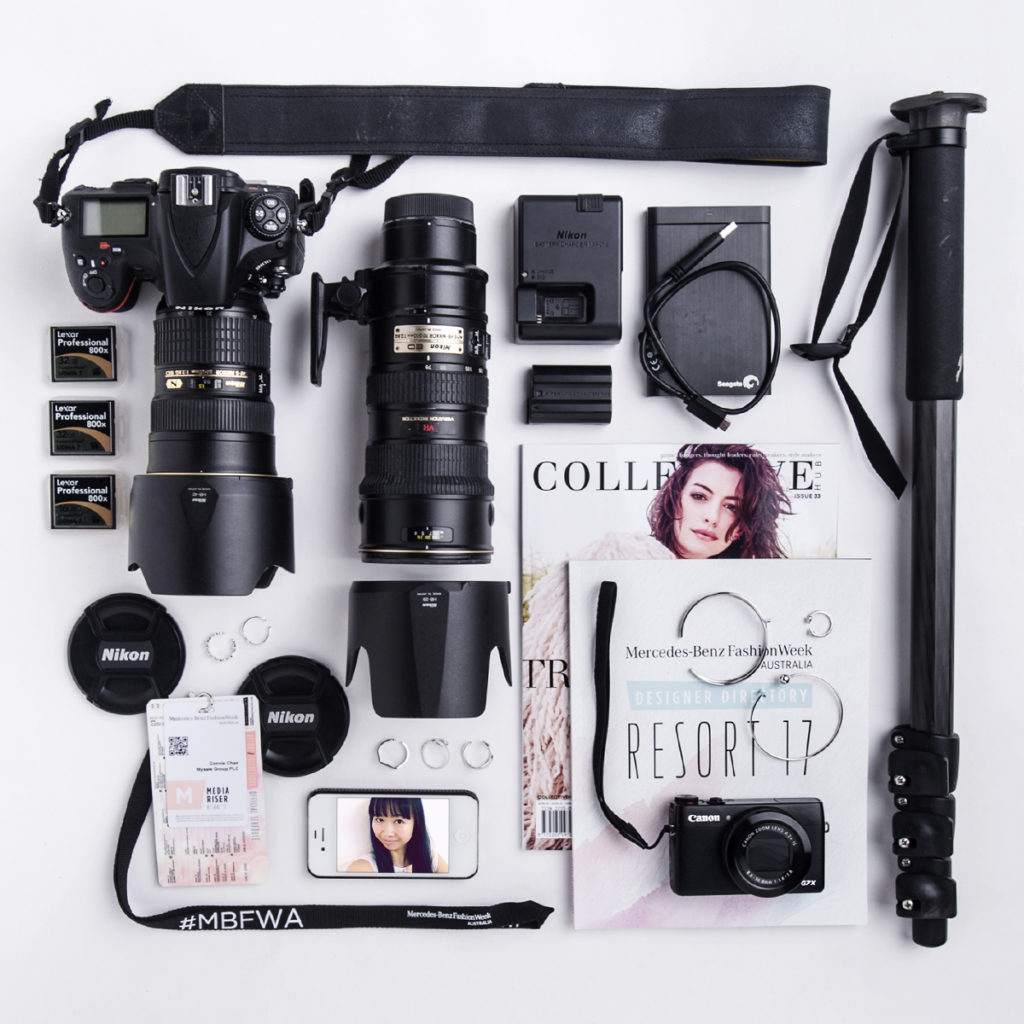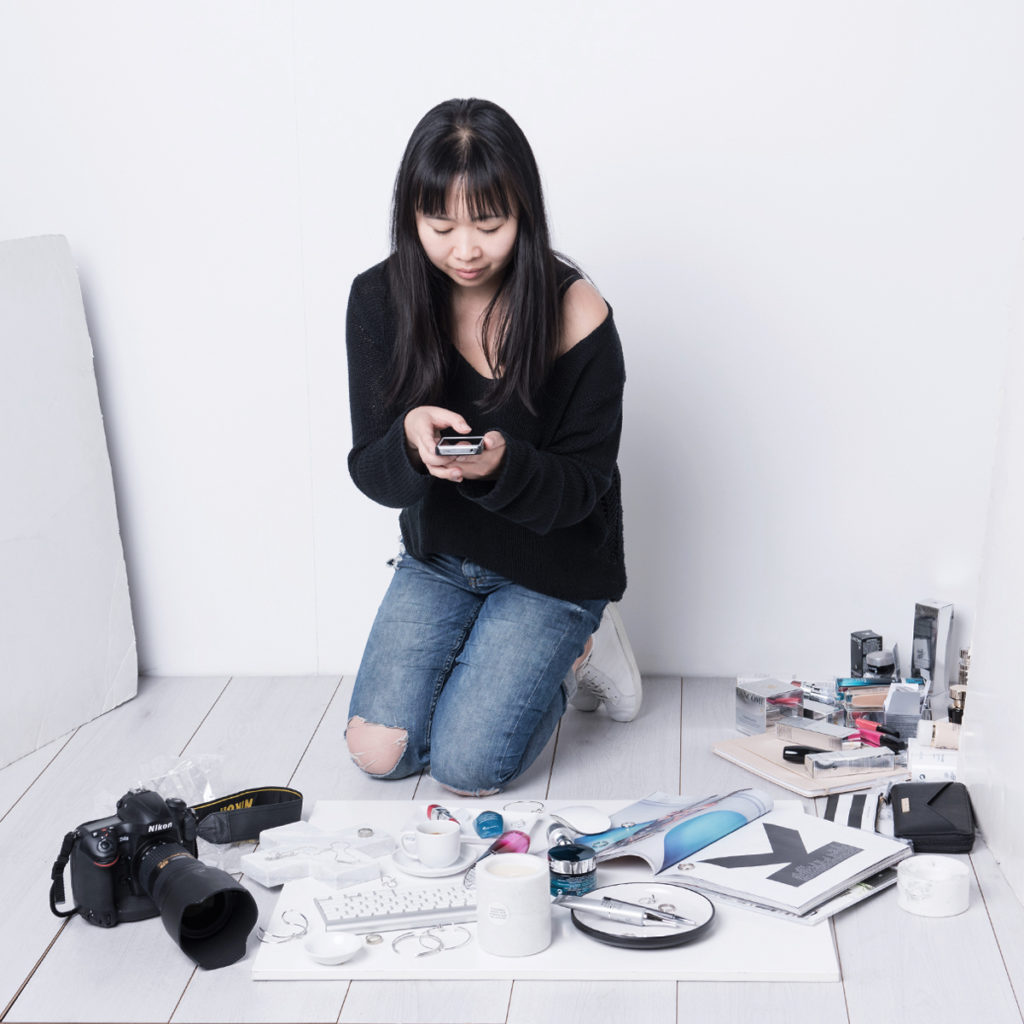What camera do you use? As a photographer, it’s one of the most common questions that I’m asked. Questions about my camera, lens, tripod, and lights make up the bulk of questions that I get asked by budding photographers and content creators. What camera? What lens? To be honest, these questions make me wince. It’s not that I’m embarrassed by my answers. I wince because these questions are the wrong questions to be asking if you’re hoping to improve your photography skills.
Here’s the secret that a lot of great photographers know too well: it’s not about the gear. The lights, the cameras, the gadgets… they’re only tools. I could go out and buy myself an expensive kitchen full of fancy kitchen stuff, but that won’t make me a chef. A person is a chef. A person is a photographer.
With that in mind, it’s time to change how you think about your camera. If your camera is only a tool, then what job are you trying to do? A chef doesn’t throw any odd ingredients together and hope for the best. A chef has a vision for the dish he or she wants to create and then goes about making it. A photographer needs to do the same thing. What are you trying to create? Spend some time to see it clearly in your mind’s eye. Once you have your vision, then you’ll be able to select the right tools to do the job.

My photographer camera kit for Fashion Week
How To Choose Your Camera
Before choosing a camera, it’s best to know how you’re planning to use it. Will you be shooting landscapes? Street style selfies? Food flatlays? If you know you like to shoot a certain way, get a camera that makes what you do easier to do. If you’re shooting selfies, a good phone camera is probably all you need. If you shoot landscapes where you want full control over your settings, then a DSLR makes sense. Fast shutter speeds are essential if you plan to shoot action or sports, and cameras that handle low lighting situations well would come in handy when shooting events. Know how you plan to use your camera so you can prioritise the features you need the most.
There are so many cameras on the market nowadays that it can be overwhelming. Where do you start? To make it easier, I’ve listed the pros and cons of the different camera types you’re likely to consider when buying your next camera.
Phone Cameras:
PROS: You’re probably happy to invest in a decent phone already since they have so many uses. They’re convenient to carry with you all the time and they’re easy to use.
CONS: Phone cameras are mostly automatic so they offer little control over your settings. Also, they’re usually not very good in low light situations.
Point + Shoot Cameras:
PROS: Although heavier than a phone, they’re still compact to carry and not as expensive as a DSLR. They’re a good way to learn basic photo skills as they’ll offer more control options compared to phones. Some P+S cameras even let you shoot in raw format giving you more control in your editing process.
CONS: They can be limiting once you develop your skills. An experienced eye will see the limits in their colour and tonal ranges, and in overall image quality.
DSLR Cameras:
PROS: DSLRs offer the greatest control with your camera settings and options allowing for a greater ability to create your vision. The images are of the highest quality (for small format cameras), not just with image size, but also with their colour and tonal ranges.
The biggest appeal with DSLRs will be the variety of quality lenses at your disposal. Prime lenses (lenses with a fixed focal point) will offer the best quality, but zoom lenses may be more practical and convenient when you’re on the go.
CONS: The biggest drawback is obviously the cost so be sure to read plenty of reviews and shop around before making the commitment. DSLRs and lenses also make for a heavy kit so it can be cumbersome to carry with you all the time.

Choose a camera best suited for your shoot, not because it’s what someone else uses.
Know Your Camera
The most important aspect of selecting your new camera is how well YOU can use it. Go into a camera store and play around with different models. Are the controls easy to access and use? Is the menu easy to navigate? Does the grip feel sturdy in your hands? Will you enjoy holding that particular camera? Your camera needs to feel good in your hands if you’re going to spend dozens or even hundreds of hours using it.
Once you have your camera, the best thing you can do is really get to know your camera. Shoot A LOT. The idea is to know your camera so well that your hands automatically handle the controls and not fumble around while you miss your shot. Knowing your camera’s abilities and its limits will help you plan your shoot better and in turn, will help you create your vision.
Create Your Vision
So go out there, shoot a whole lot, and practice turning your ideas into real photos. The difference between a happy snapper and a real photographer is your ability to create what you envision. A happy snapper goes out and shoots whatever they see. A photographer has a vision and then goes about making that vision come to life. That is what makes you a photographer, not your camera. So the next time you wonder if you shouldn’t be calling yourself a photographer just because you don’t own expensive gear, remember that the cost of your camera doesn’t matter at all. If you hold the skills, then you are a real photographer.
- C xx
Note: This blog is in collaboration with Vamp and first appeared on vampcollective.com








This is truly useful, thanks.
I’m so happy that you find it useful. Thanks! C xx